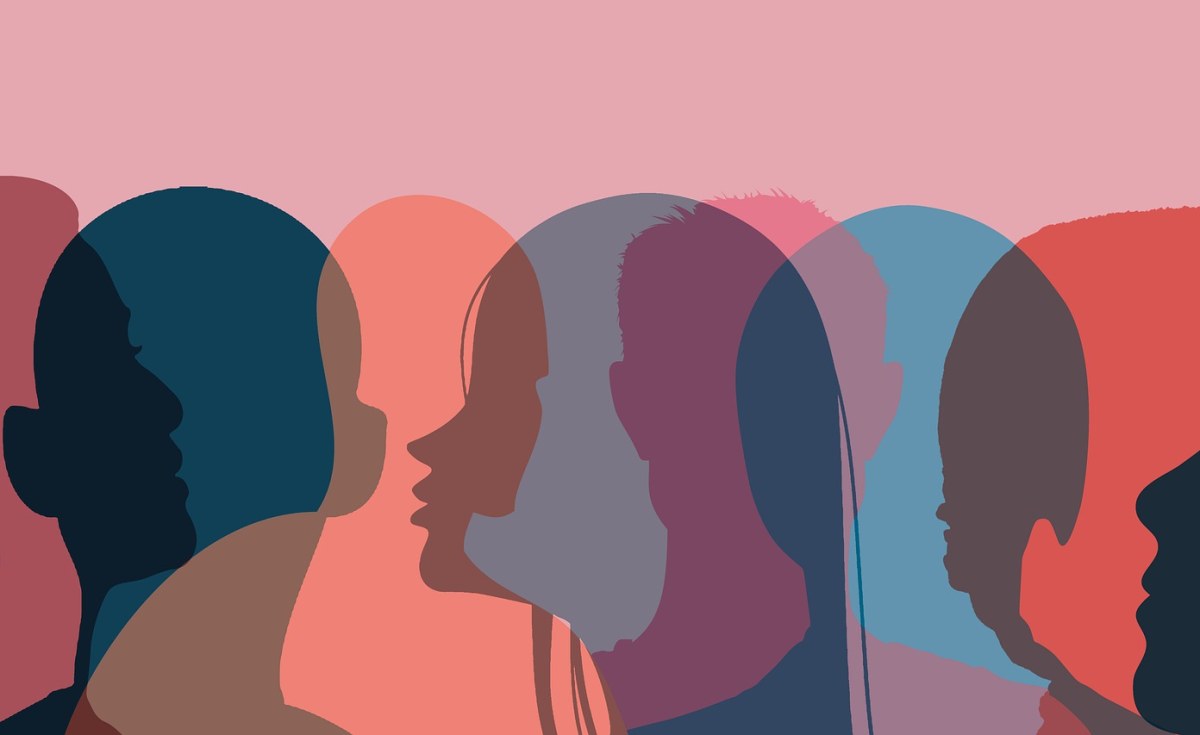In April 2022, the Centre for Human Rights (CHR) and the Centre for Sexualities, AIDS, and Gender (CSA&G) at the University of Pretoria together with the Center for Gender Studies and Feminist Futures (CGS) and the Center for Conflict Studies (CCS) at the Philipps-University Marburg launched the first edition of the Pretoria-Marburg Queer Conversations. The conversations come from common interests in work on LGBTIQ+ and queer identities among the centres.
This six-event series, themed Scholarly and Activist Perspectives on LGBTIQ+ Lived Realities in Africa, creates a monthly space for in-depth discussions that bring together scholars and LGBTQI+ activists.
On July 7, at the fourth event of the series focusing on Queering Perspectives on Power Dynamics – Dr. Rudo Chigudu, an African feminist, activist-scholar, and artist committed to social justice and community self-determination, led a conversation on LGBTQI+ identities with a specific focus on Zimbabwe.
Dr. Chigudu says her thesis was built on two foundational ideas – frustration and curiosity. Frustration that when people spoke about the LGBTI category, there was a general tendency to really just make blanket statements and really talk about the category as a mass group, rather than a recognition of the individual categories that are within the group and in Zimbabwe, the LGBTI category was really just about gay men. So the invisibility of other categories frustrated her.
Her curiosity came from the fact that for the longest time, she would hear African leaders talk about how homosexuality was un-African. Her frustration was how rather than advancing the realities and needs of LGBTQI+ identifying peoples on the continent, so much resources and research went into proving that homosexuality is not un-African.
“My frustration really there was how much time and energy was going into that rather than advancing the realities and needs of LGBTI identifying peoples on the continent. My issue was that we are here now, we are present now at this moment, and we exist now. So whether or not historically you can find ancestors four or 500 years ago, you have to contend with the fact that you have people who identify in this manner at this moment on the continent, can we engage that?”, says Chigudu.
Chigudu says that even though there was an increasing number of scholars, activists, and bloggers writing about African lesbians, they were being constructed largely as passive victims trapped in a history of political homophobia and the abusive hegemony of Western ethnocentric discourses that have objectified, erased, or even violated African women’s bodies. There was a narrative largely around violence.
“We had a narrative of murdered and raped lesbians that was the dominant narrative. And whilst it’s factual, that a lot of harm and injury has come to lesbian women on the continent, my discomfort was that this limited reading of reducing lesbian identifying women to only these victims of violence”, adds Chigudu.
Chigudu says one of the interesting things that came up in speaking to one of the interviewees was that they mentioned that when they moved around in the world alone, they were read as just a person. They were just a woman moving in the streets. And when they moved around with other feminine presenting women, they were read as heterosexual women and when masculine presenting, women moved together, they were read as women who were sporty, soccer players, basketball players, whatever, but it was in the pairing of feminine and the masculine-presenting woman moving together in the world that attracted attention.
Charles Ngwena, Professor of Human Rights Law, says Chigudu has made important inroads in allowing an understanding of how lesbian identity is made in particular locations.
Ngwena says Africaness is a contested concept that lends itself to different uses, depending on the context and intention of the actor, including manipulation. He says when we talk about race, it is absolutely a subsumption of race and culture.
“Race is a social construction. Whatever we think about race, ultimately, it is a political and social construction. It came out in the 15th century and the 16th century, having been developed by Europeans when they interacted with geographical populations with definable populations. It became purposeful for the colonial project to come up with the concept of race. And it was given imprimatur by the enlightenment, and it is survived without any question, as a system for producing and reproducing social domination. So it really does apply to all of us. And the LGBTIQ+ category is not an exception, but a manifestation of how race can shape any part of our lives”, Ngwena adds.
Source link

